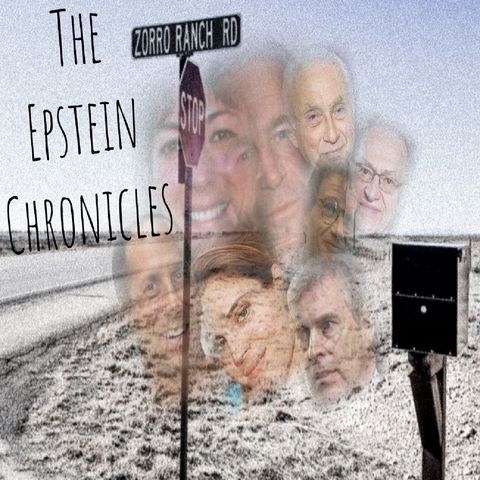UMG's Memorandum Of Law In Support Of The Motion To Sanction Plaintiff Jones And His Lawyer (Part 1) (5/19/24)

Download and listen anywhere
Download your favorite episodes and enjoy them, wherever you are! Sign up or log in now to access offline listening.
UMG's Memorandum Of Law In Support Of The Motion To Sanction Plaintiff Jones And His Lawyer (Part 1) (5/19/24)
This is an automatically generated transcript. Please note that complete accuracy is not guaranteed.
Description
memorandum of law in support of a motion for sanctions is a legal document submitted to a court that outlines the legal arguments and relevant facts supporting a party's request...
show more- Title and Caption:
- The document begins with a title that clearly states it is a "Memorandum of Law in Support of Motion for Sanctions."
- The caption includes the name of the court, the parties involved in the case, the case number, and other identifying information.
- Introduction:
- A brief overview of the nature of the motion and the sanctions being requested.
- A summary of the key points that will be elaborated on in the memorandum.
- Background and Factual Context:
- A detailed explanation of the facts that led to the motion for sanctions.
- Specific instances of the opposing party’s misconduct or violation of court rules.
- Any previous warnings or attempts to resolve the issue without court intervention.
- Legal Standard:
- An outline of the legal standards and rules governing sanctions (e.g., Federal Rule of Civil Procedure 11, Rule 37, or other applicable state or federal rules).
- Discussion of the authority and discretion of the court to impose sanctions under these rules.
- Argument:
- A comprehensive legal argument detailing why sanctions are appropriate in this case.
- Citation of relevant case law, statutes, and rules that support the request for sanctions.
- Analysis of how the opposing party’s conduct fits within the legal framework warranting sanctions.
- Discussion of the specific type of sanctions being sought (e.g., monetary penalties, dismissal of claims, striking of pleadings, etc.).
- Conclusion:
- A concise statement reiterating the request for sanctions.
- A summary of the key reasons the court should grant the motion.
- Certificate of Service:
- A statement verifying that the memorandum and the motion for sanctions have been properly served on the opposing party.
- Accountability: It seeks to hold the opposing party accountable for improper conduct, such as frivolous filings, failure to comply with discovery obligations, or other abuses of the judicial process.
- Deterrence: Imposing sanctions serves to deter similar conduct in the future by the offending party or others.
- Compensation: Sanctions can compensate the moving party for expenses incurred due to the misconduct, such as attorney fees and costs.
- Efficiency: It helps maintain the integrity and efficiency of the judicial process by discouraging actions that waste court time and resources.
(commercial at 8:31)
to contact me:
bobbycapucci@protonmail.com
source:
2024.05.17 MOL ISO Motion for Sanctions(8677390.10) (courtlistener.com)
Information
Copyright 2024 - Spreaker Inc. an iHeartMedia Company

Comments